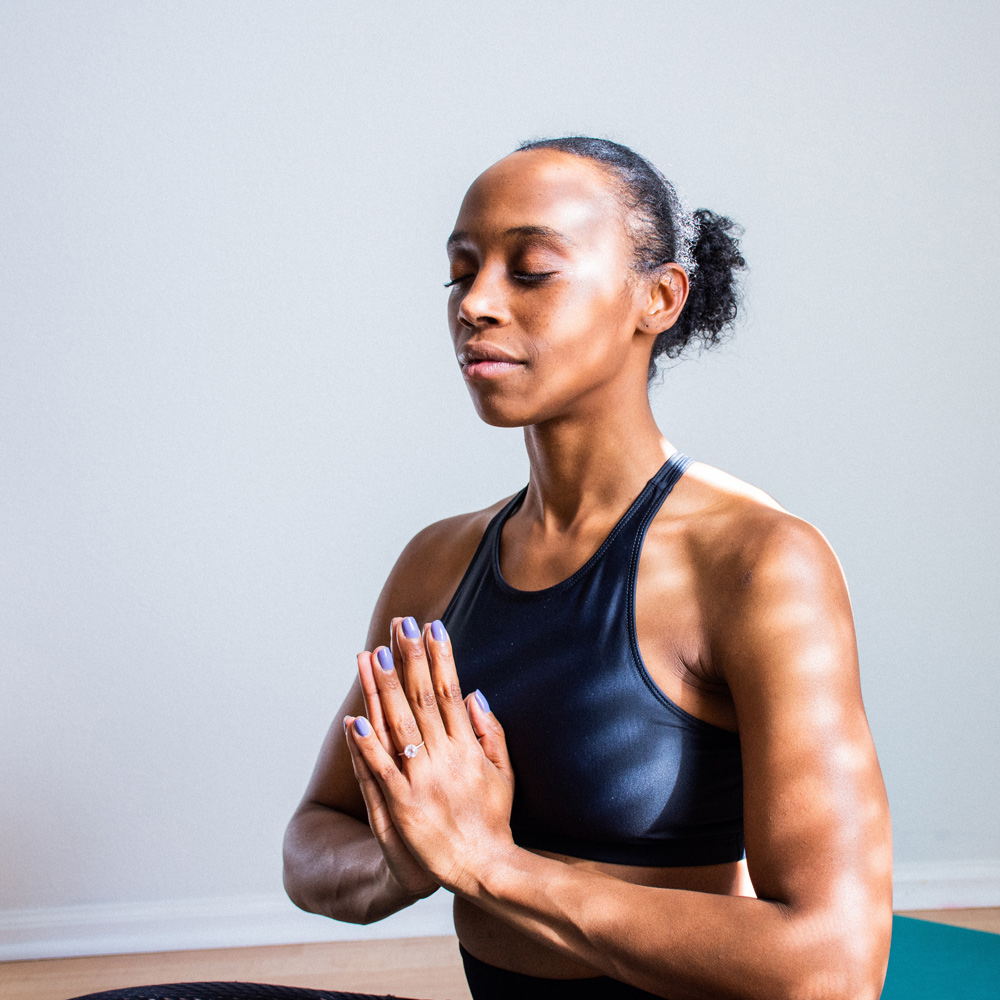By Claire Sankey
In today’s fast-paced world, stress and anxiety are on the rise. Whether it’s due to work, relationships or simply the constant barrage of information from our screens, many of us struggle to find moments of calm and relaxation.
Fortunately, there is a solution, one that is gaining popularity: mindfulness and somatics.
Mindfulness and somatics are practices that work together to help individuals manage stress and find greater peace and contentment in their lives.
Mindfulness
Mindfulness involves growing in awareness of our thoughts and feelings, and cultivating attitudes of kindness, acceptance and non-judgement.
Somatics
Somatics involves growing in awareness of our bodies and our nervous system state and then using tools such as breathwork and movements to help regulate our emotions when needed.
Combining practices that work with the mind downwards (like mindfulness-based cognitive therapy) and from the body upwards (like breathwork), is a powerful way to manage stress.
The practices are designed to send cues of safety into the body, using the language of the body (movement and sensation), as Steven Porges, originator of the Polyvagal Theory*, notes: “Cues of safety are the treatment.”
This can help to regulate the nervous system and create a sense of calm and relaxation, which can help alleviate stress-related symptoms.

The benefits of mindfulness and somatics are numerous. Regular practice can lead to improved mood, increased resilience to stress, and greater self-awareness.
It can also improve overall physical health, by reducing blood pressure, heart rate and stress hormones.
By dedicating just a small amount of time each day to these practices, you can reap the benefits of mindfulness and somatics and find greater peace and contentment in your life.
If you’re interested in experiencing these benefits for yourself, consider signing up for Claire’s eight-week mindfulness and somatics course, starting on May 1st 2023.
This unique course combines the gold standard of mindfulness practices with somatic practices, offering participants a comprehensive approach to managing stress and improving their overall well-being.
Find out more and book your place at www.clairesankey.com/course
* Porges’ theory revolves around the idea that our nervous system influences our behaviours and how connected we feel to ourselves and others. And that by listening to our bodies we can help move ourselves away from stressed states to calmer, safer states.










Leave a Reply